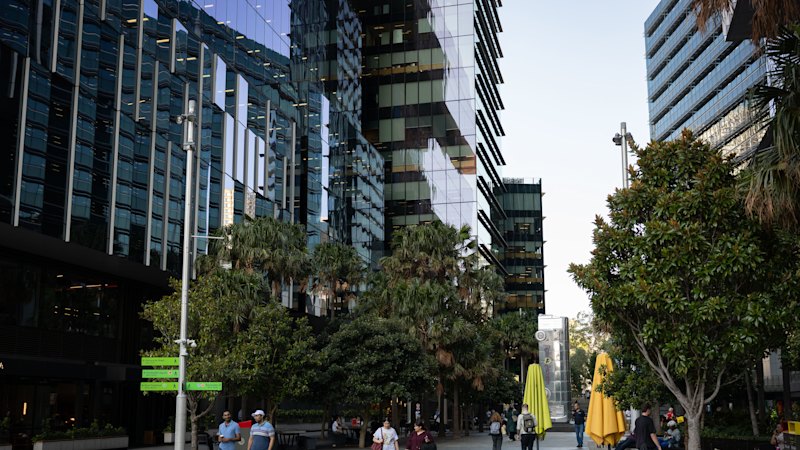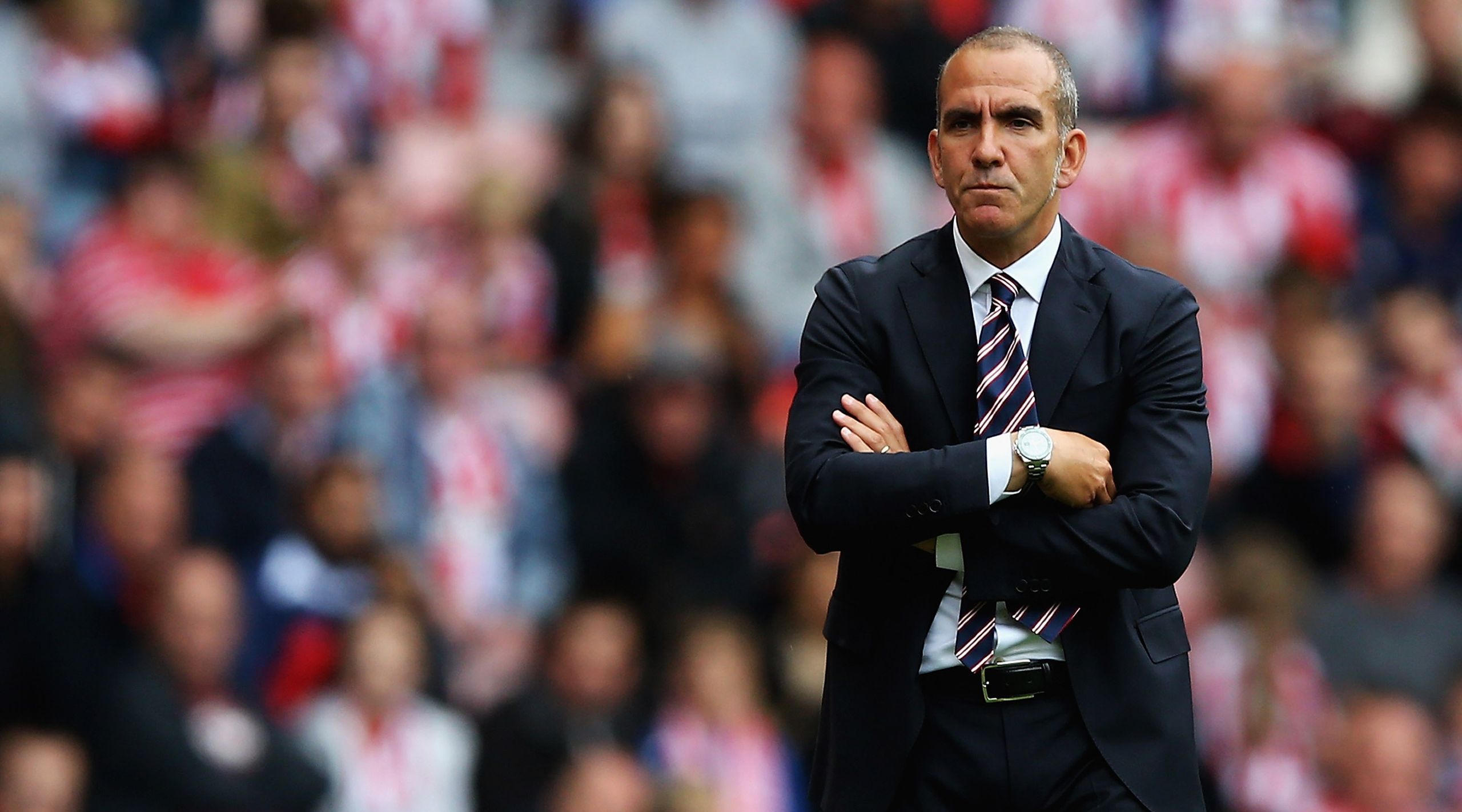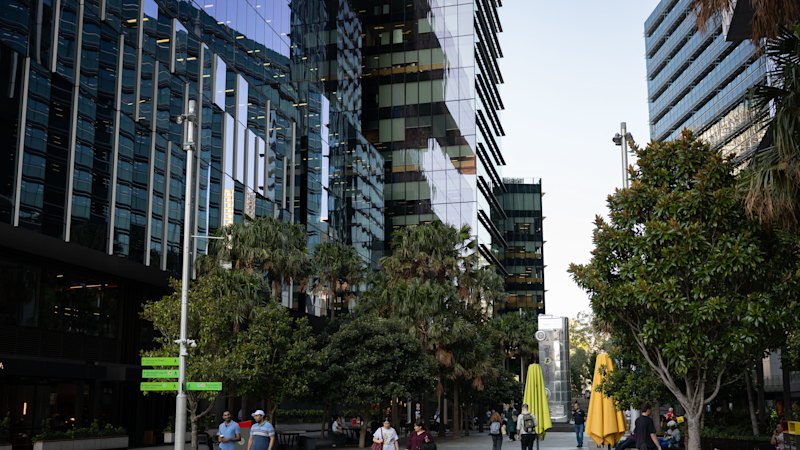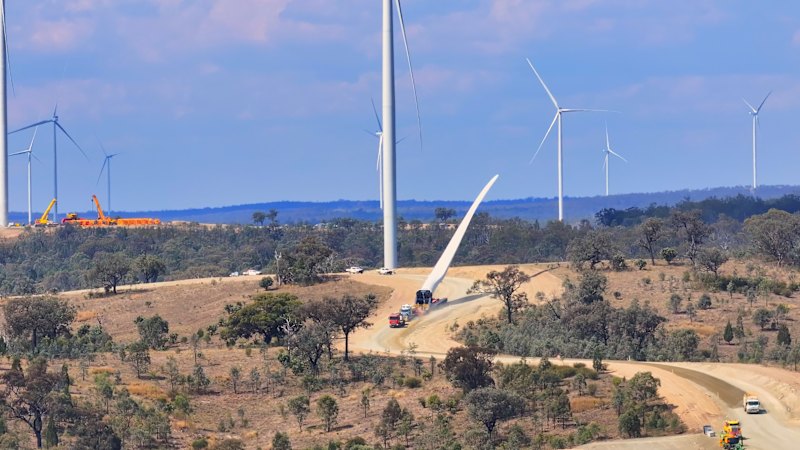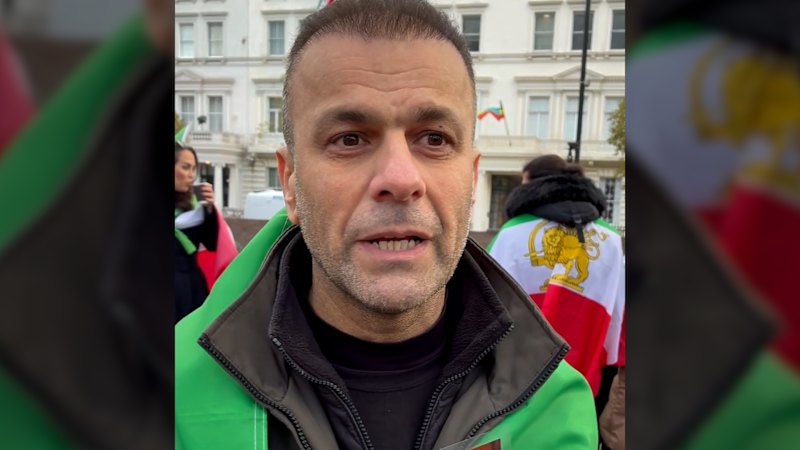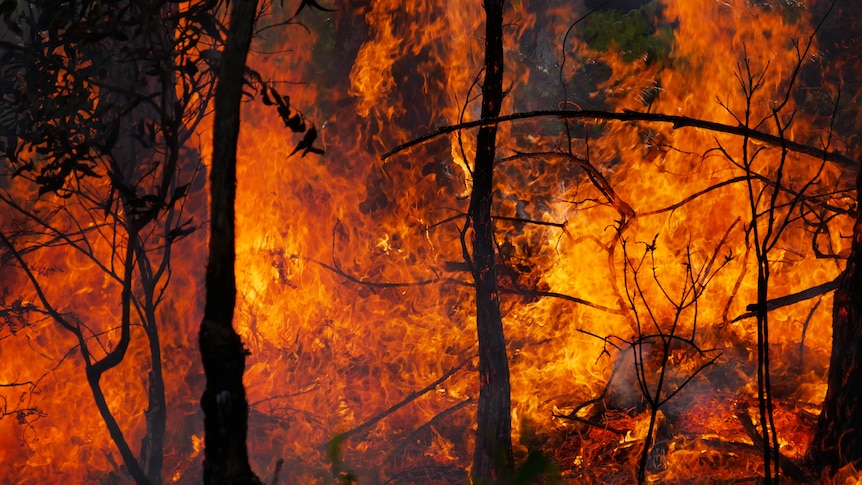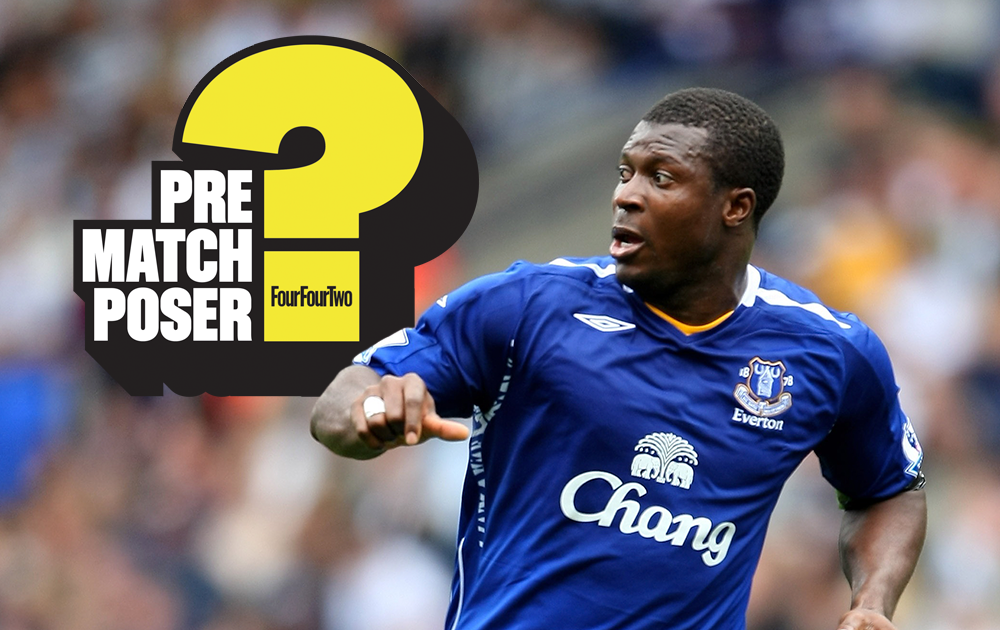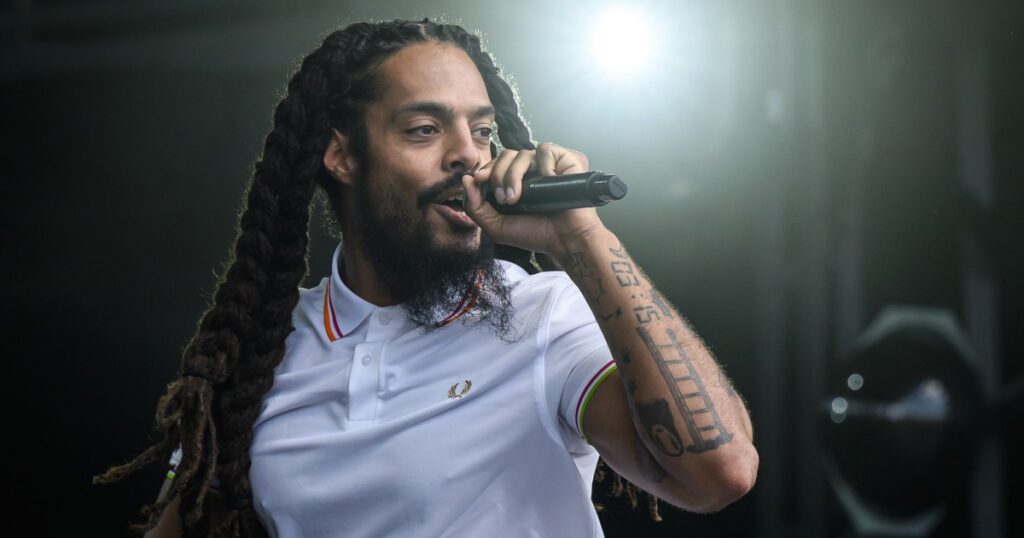
LONDON — Rap-punk duo Bob Vylan has found itself at the center of controversy following onstage comments made at the Glastonbury Festival, which have sparked a police investigation and criticism from politicians, the BBC, and festival organizers. The band has firmly rejected claims of antisemitism, asserting in a statement that they are being “targeted for speaking up” about the ongoing conflict in Gaza.
The controversy erupted after frontman Bob Vylan led the audience in chants of “Death to the IDF” — the Israel Defense Forces — during their performance on Saturday in southwest England. This has prompted the British government to label the chants as “appalling hate speech,” while the BBC expressed regret for livestreaming what it termed “antisemitic sentiments.” In response to the incident, U.S. authorities have revoked the musicians’ visas.
Global Tensions and Local Repercussions
The incident at Glastonbury comes amid heightened global tensions due to the ongoing conflict between Israel and Hamas in Gaza. The war, which began in October 2023 following a Hamas attack on Israel that resulted in approximately 1,200 deaths, has led to Israel’s military response, which the health ministry in the Hamas-run territory reports has killed over 56,000 people in Gaza.
This conflict has sparked pro-Palestinian protests worldwide, including in major cities and on college campuses. While Israel and its supporters often describe these protests as antisemitic, critics argue that such labels are used to silence opposition. The situation has created a complex landscape of political and social discourse, with Bob Vylan’s comments adding fuel to an already volatile environment.
Responses and Reactions
In a statement posted on Instagram, Bob Vylan clarified their position, stating, “We are not for the death of Jews, Arabs, or any other race or group of people. We are for the dismantling of a violent military machine… A machine that has destroyed much of Gaza.” The band further alleged, “We are a distraction from the story. We are being targeted for speaking up.”
The BBC is currently under scrutiny for its decision not to cut the live feed of the performance following the anti-IDF chants. Britain’s Chief Rabbi Ephraim Mirvis condemned the broadcast, describing it as a moment of “national shame.” He stated, “It should trouble all decent people that now, one need only couch their outright incitement to violence and hatred as edgy political commentary, for ordinary people to not only fail to see it for what it is, but also to cheer it, chant it, and celebrate it,” in a post on X.
Legal and Cultural Implications
Avon and Somerset Police have confirmed they are investigating Bob Vylan’s performance, as well as that of Irish-language hip-hop trio Kneecap, whose pro-Palestinian stance has also been controversial. Kneecap member Liam Óg Ó hAnnaidh faces charges under Britain’s Terrorism Act for allegedly supporting a proscribed organization, following an incident where he reportedly waved a Hezbollah flag at a London concert last year.
The unfolding situation highlights the complex interplay between artistic expression, political activism, and the legal boundaries of free speech. As the investigation continues, it raises questions about the role of artists in political discourse and the responsibilities of media organizations in broadcasting potentially inflammatory content.
Looking Ahead
The controversy surrounding Bob Vylan’s performance at Glastonbury is likely to have lasting implications for the band and the broader conversation about free speech and political activism in the arts. As legal proceedings unfold and public debate continues, this incident serves as a stark reminder of the challenges faced by artists who engage with contentious political issues.
Meanwhile, the conflict in Gaza remains a deeply divisive issue on the global stage, with no immediate resolution in sight. As tensions persist, the international community continues to grapple with the complexities of supporting peace while addressing the humanitarian crisis in the region.
